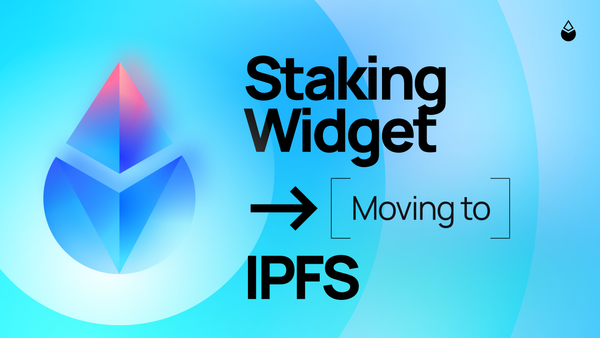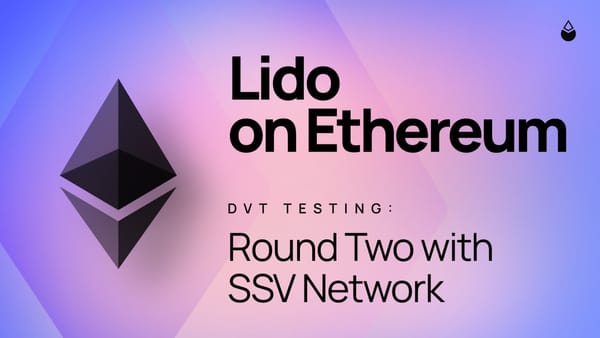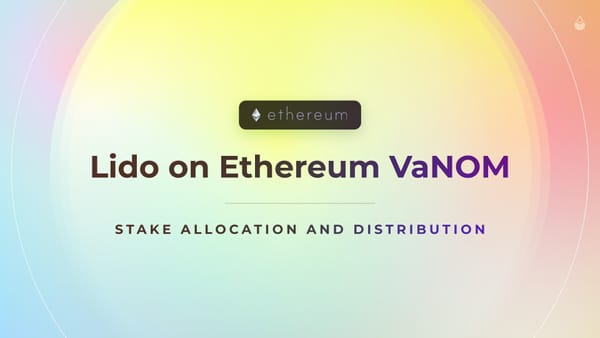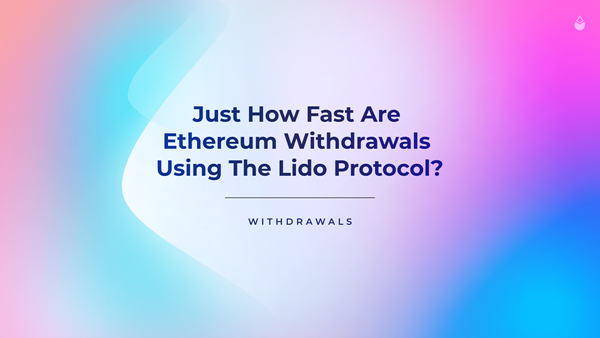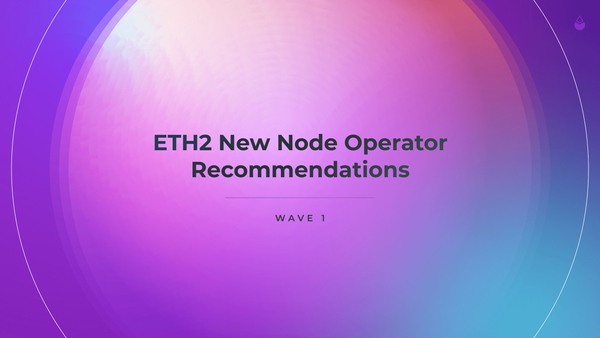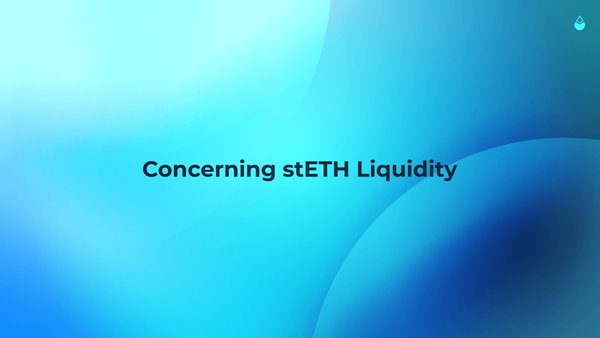![Lido’s Roadmap to Pectra: Navigating Complexity and the Path Forward [Pt 2]](/content/images/size/w600/2025/03/Lido-s-Roadmap--to-Pectra.png)
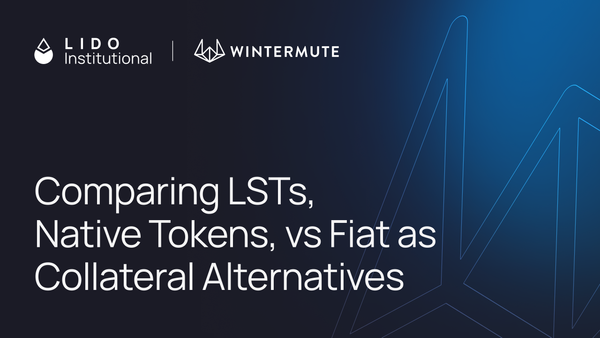
Case Study: Comparing Liquid Staking Tokens, Native Token vs Fiat as Collateral Alternatives when Selling Call Options
Introduction
In the world of cryptocurrency options trading, there is more nuance to choosing the right collateral compared to traditional finance. Different collateral alternatives can impact both payout and operational efficiency. This case study compares three different collateral types when selling ETH call options: USD (fiat), ETH (native token), and
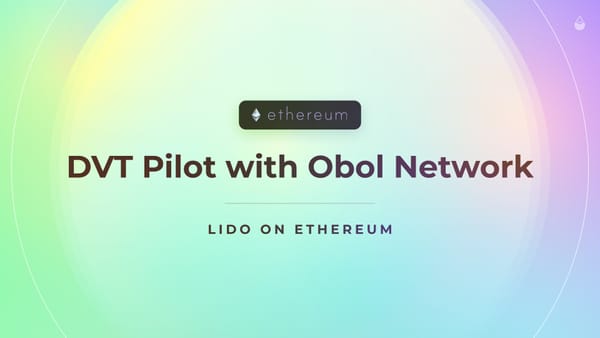
Distributed Validator Technology - Pilot w/ Obol Network
Lido is excited to share the initial pilot integration with Obol Network, a Distributed Validator Technology (DVT) provider. This pilot demonstrated the benefits of running a Lido validator with DVT, and is a component of our goal to enable permissionless participation in Lidos’ validator set.

Lido Analytics: Dashboards Catalogue
Summary
This post will navigate you through the Lido Dashboard Catalogue, a comprehensive panel of Lido metrics. The Catalogue aims to make your discovery of Lido and its various integrations simple and straightforward.
The Catalogue currently consists of 17 dashboards, including 14 for Lido on Ethereum, one for Lido on

Analysis of stETH User Behaviour Patterns
00 TL;DR
In an effort to better understand Lido users’ behaviour, below is a cohort analysis of various wallet sizes. We have come up with a classification system for wallets of different sizes, from Whales (>=10k stETH) all the way down to Plankton (<1 stETH).
The Lido
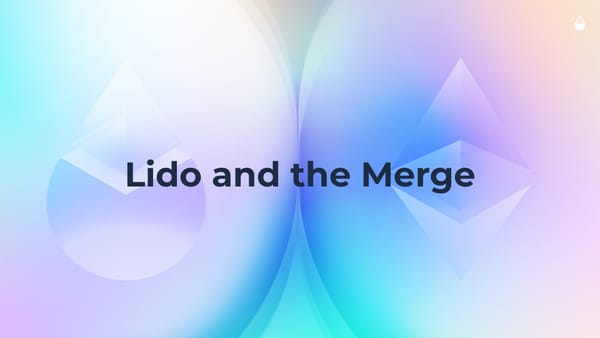
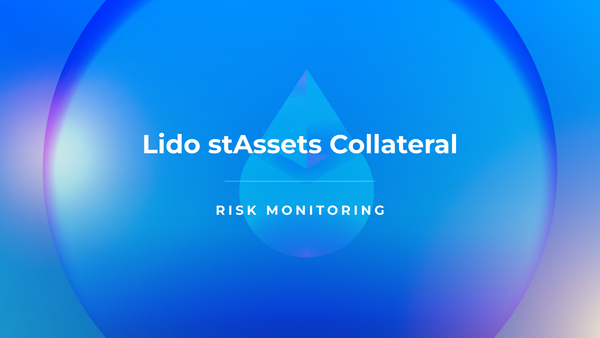
Lido stAssets Collateral Risk Monitoring
Lido, being the leading liquid staking protocol and the second largest DeFi protocol by TVL, has been integrated across a number of DeFi protocols. Lido integrations aim to let its depositors use their Lido staked assets (stAssets) to earn rewards and also use them in DeFi. In other words, you
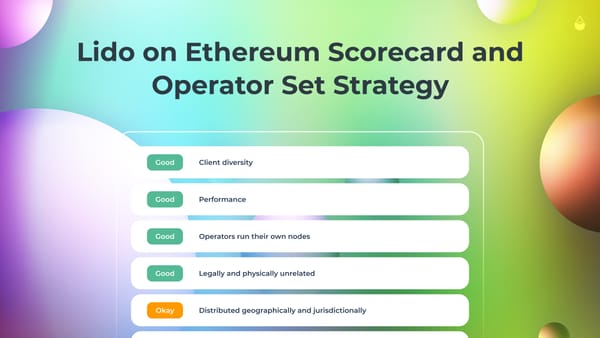

Offline & Slashing Risks: Are Self-Cover Options Enough?
This post sets the stage in terms of outlining the landscape of cover options avilableand possible developments. We outline the typical risk scenario, the amounts of slashings and penalties, and evaluate impact to understand whether Lido can self-cover the losses.
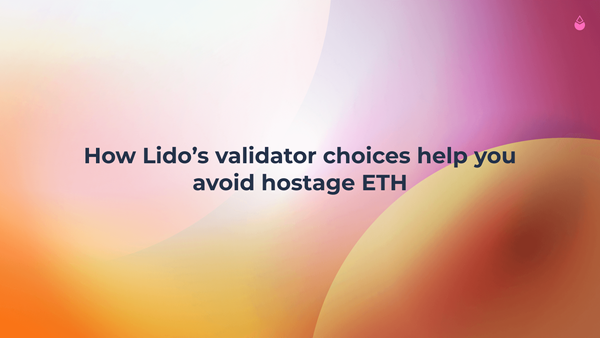
How Lido’s validator choices help you avoid hostage ETH
As we approach the launch of ETH 2.0, the significance of network validators is becoming more and more apparent. Validators - those who manage staking nodes across ETH 2.0 - are faced with a difficult task which, if not managed thoroughly, can have negative consequences for ETH stakers.
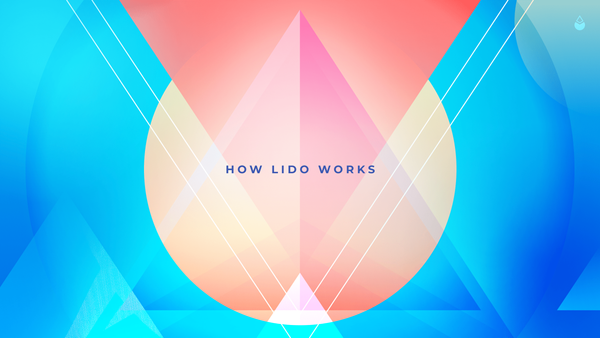
How Lido Works
Lido DAO is a community that builds liquid staking technology for Ethereum. Lido software allows users to stake the network without maintaining staking infrastructure or losing the utility of their capital. Staking with Lido is primed to start along with Phase 0 of Ethereum 2.0.
When a user uses
